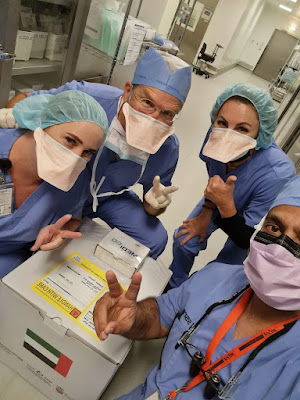This year there are 51 new Fellows of the Econometric Society:
Congratulations to our 2021 Fellows
Jaap Abbring, Tilburg University
Chunrong Ai, Chinese University of Hong Kong, Shenzhen
Ufuk Akcigit, University of Chicago
Simon Board, University of California, Los Angeles
Antonio Cabrales, Universidad Carlos III, Madrid
Arnaud Costinot, Massachusetts Institute of Technology
Peter Cramton, University of Cologne and University of Maryland (Emeritus)
Stefano Dellavigna, University of California, Berkeley
Prosper Dovonon, Concordia University, Montreal
Christian Dustmann, University College London
Graham Elliot, University of California, San Diego
Marcella Eslava, Universidad de los Andes
Armin Falk, University of Bonn
Oded Galor, Brown University
Yuriy Gorodnichenko, University of California, Berkeley
Veronica Guerrieri, University of Chicago
Luigi Guiso, Einaudi Institute for Economics and Finance
Bard Harstad, University of Oslo
Erik Hurst, University of Chicago
Patrick Kline, University of California, Berkeley
Fuhito Kojima, University of Tokyo
Botond Koszegi, Central European University
Rim Lahmandi-Ayed, University of Carthage
John Leahy, University of Michigan
Sydney Ludvigson, New York University
Ulrike Malmendier, University of California, Berkeley
Ramon Marimon, European University Institute
Alexandre Mas, Princeton University
Atif Mian, Princeton University
Magne Mogstad, University of Chicago
Benjamin Moll, London School of Economics
Sendhil Mullainathan, University of Chicago
Victor Murinde, SOAS University of London
Emi Nakamura, University of California, Berkeley
Volker Nocke, University of Mannheim
Nathan Nunn, Harvard University
Rohini Pande, Yale University
Bruce Preston, University of Melbourne
James Robinson, University of Chicago
Christina Romer, University of California, Berkeley
Antoinette Schoar, Massachusetts Institute of Technology
Matthew Shum, California Institute of Technology
Rohini Somanathan, Delhi School of Economics and University of Gothenberg
Stefanie Stantcheva, Harvard University
Wing Suen, University of Hong Kong
Balazs Szentes, London School of Economics
Silvana Tenreyro, London School of Economics
Aleh Tsyvinski, Yale University
Nicolas Vieille, HEC, Paris
Ebonya Washington, Yale University
Ekaterina Zhuravskaya, Paris School of Economics
The Society is grateful for the work of its 2021 Fellows Nominating Committee consisting of Dirk Bergemann (Chair), Xiaohong Chen, Itzhak Gilboa, Kate Ho, Dilip Mookherjee, Monika Piazzesi, and Hélène Rey.
Publication Date: Wednesday, September 22, 2021























